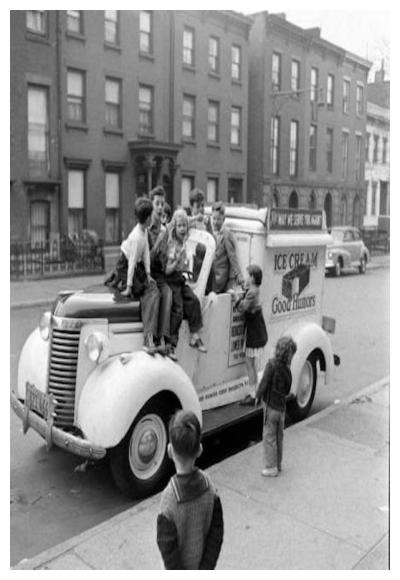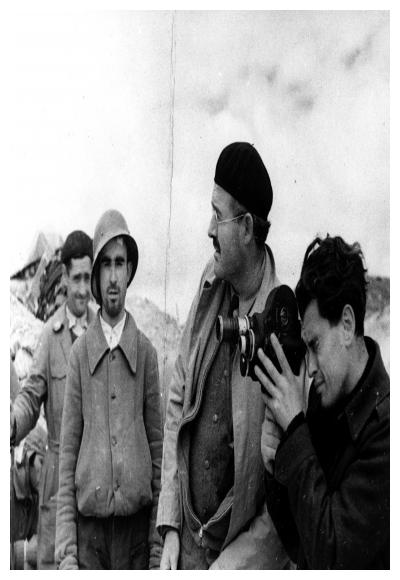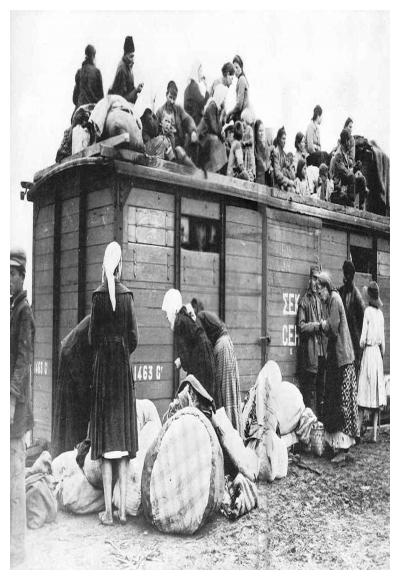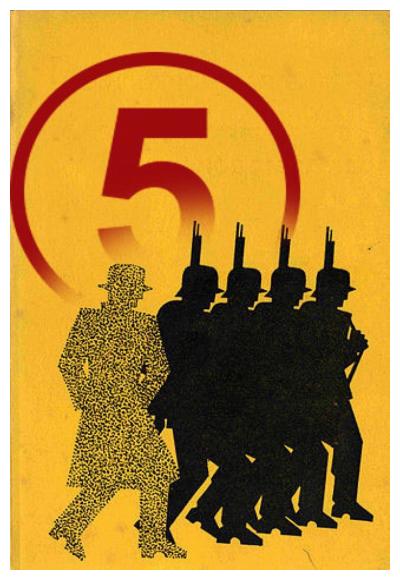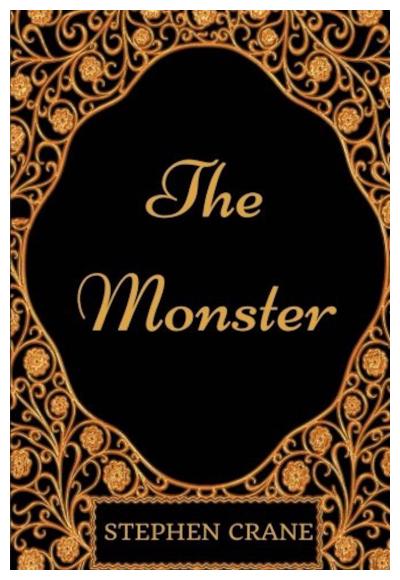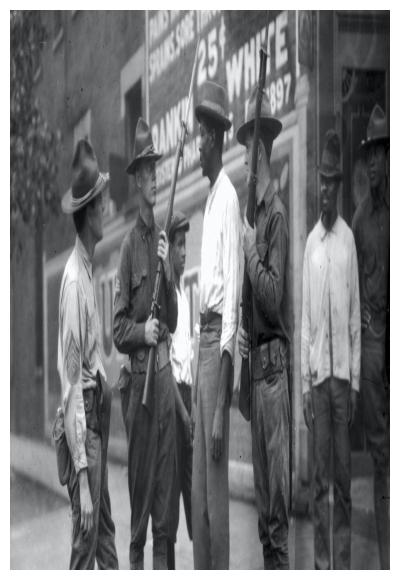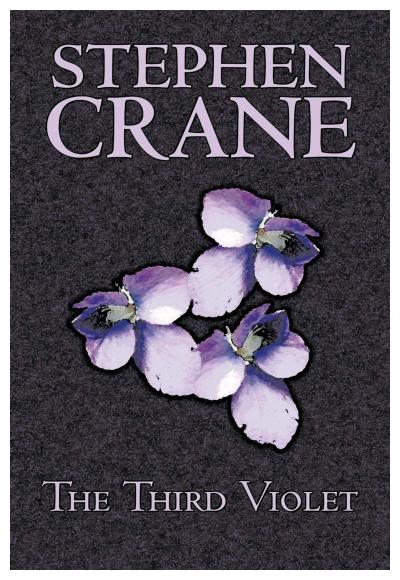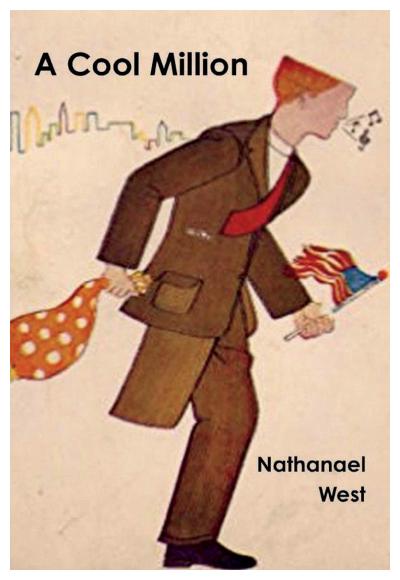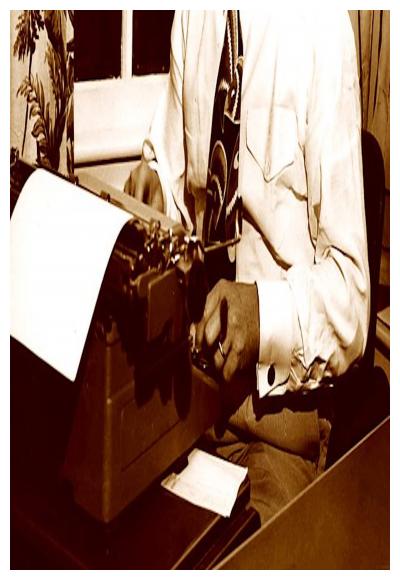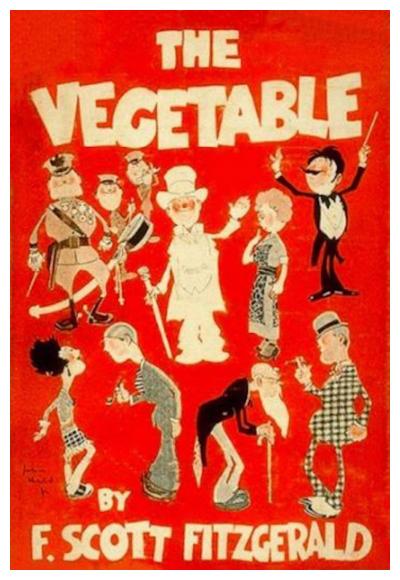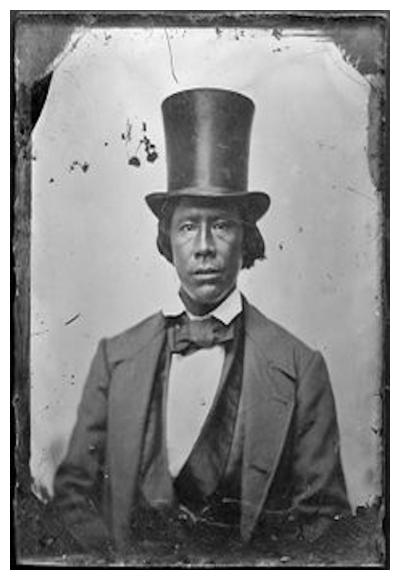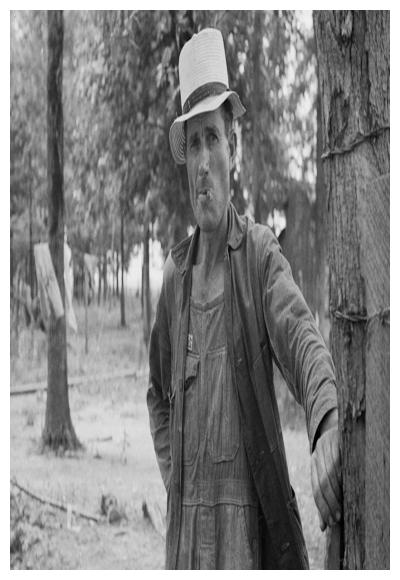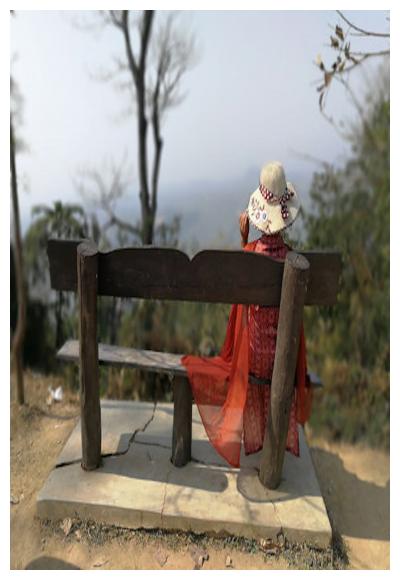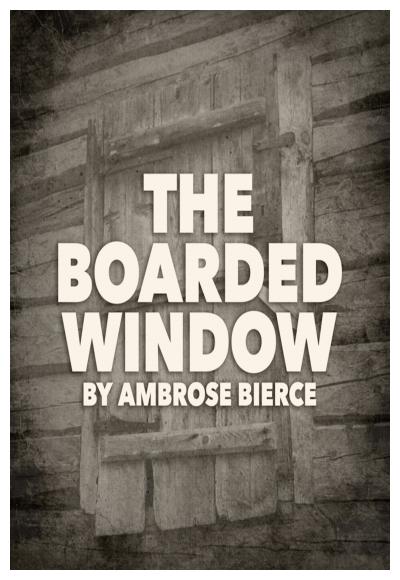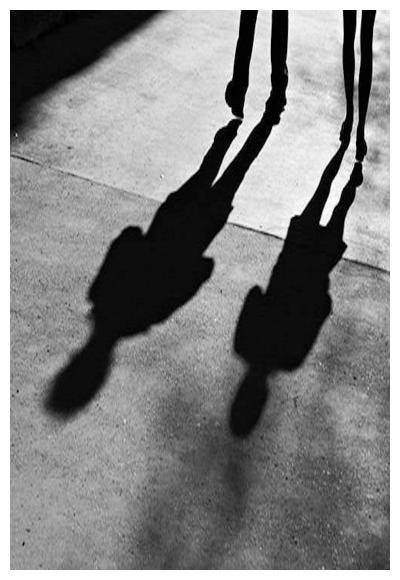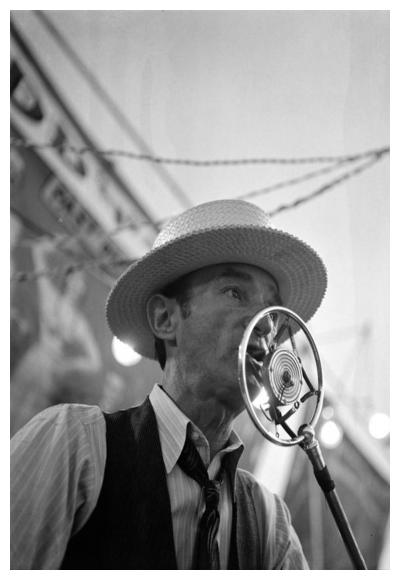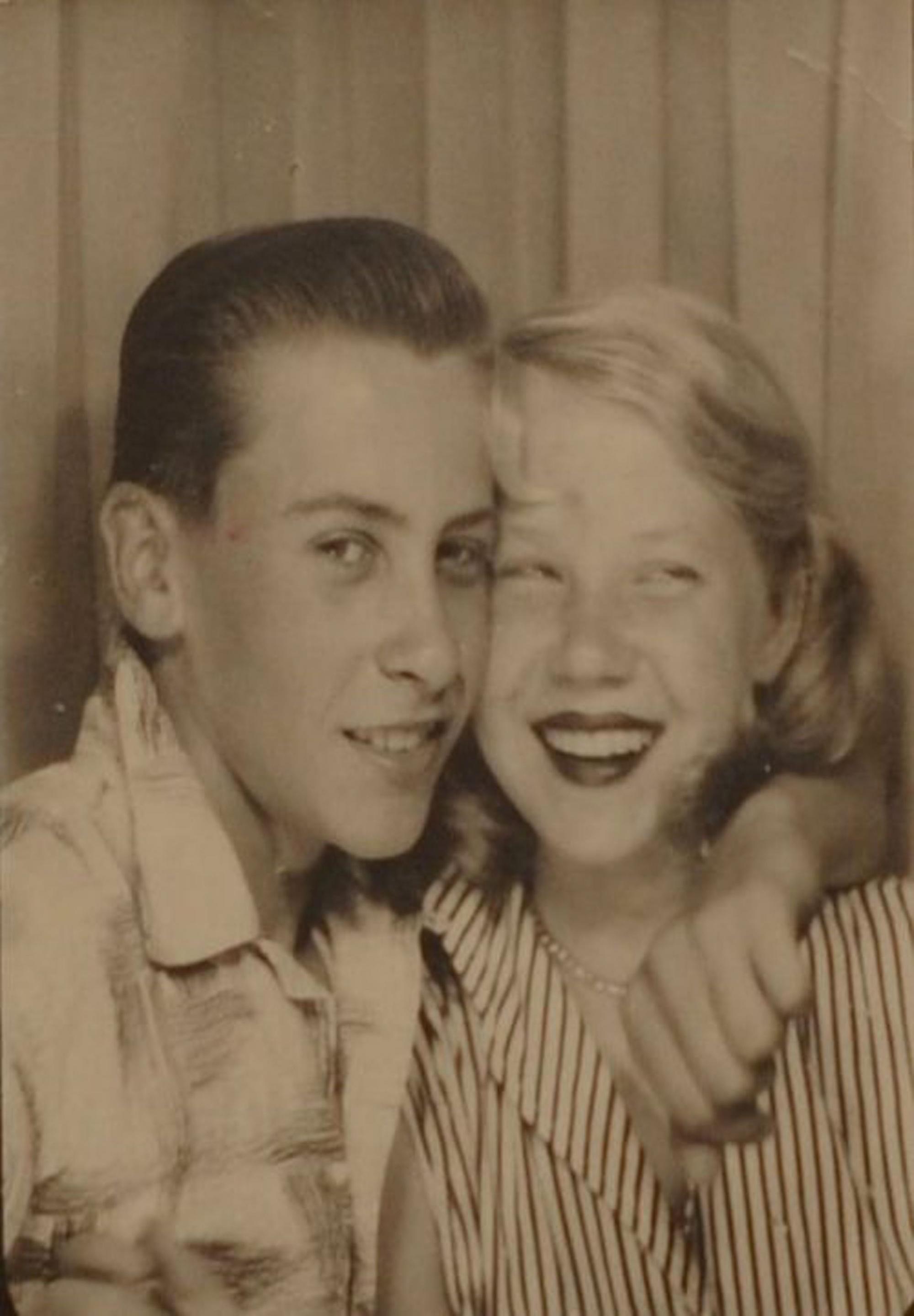
Synopsis/Details
Lily Daw is an orphaned, mentally disabled, and sexually mature young woman who lives by herself but is watched over by three socially prominent women in a small Mississippi town. On the day the action transpires, in the mid-1930s, this trio plans to send Lily off to what they hope will be better care than they can provide—at the Ellisville Institute for the Feeble-Minded. But when the ladies visit Lily at her home, they discover that she was out on a date the previous night with a xylophone player from a traveling show. Lily promptly announces she is going to marry the man, this very day; the women are shocked and worried, though Lily seems quite happy. How should her guardians respond? What will best serve Lily?
The ladies have grounds for concern, because Lily has always had an odd imagination; she was abused by her biological father; and the fiancé she describes is a “show fellow.” One thing seems clear to the three women: the faster they can get Lily committed, the better. They win her over to their point of view and board the train to Ellisville, only to be met at the station by the xylophone player—who actually wants to marry Lily. Now Lily demurs and the ladies wholeheartedly consent; they disembark from the train; and one of the women calls her husband, a Baptist preacher, so that he can come to the station waiting-room to perform the wedding ceremony. There’s only one problem: Lily’s cherished “hope chest” has not been unloaded from the train, which has already departed.
Story & Logistics
Story Type:
Rite of Passage
Story Situation:
Deliverance
Story Conclusion:
Ambiguous
Linear Structure:
Linear
Moral Affections:
Duty, Innocence, Virtue
Cast Size:
Many
Locations:
Several
Special Effects:
Minor cgi
Characters
Lead Role Ages:
Female Adult, Female Young Adult, Female over 45
Hero Type:
Anti-Hero, Unfortunate
Villian Type:
Anti-Villian
Stock Character Types:
Damsel in distress, Southern belle
Advanced
Adaption:
Based on Existing Fiction
Subgenre:
Black/Dark, Chick-Flick/Guy-Cry, Comedy, Disease/Disability, Literary Adaption, Re-Marriage, Small-town Life
Action Elements:
Vehicular Stunts
Equality & Diversity:
Disabled Protagonist, Female Centric, Female Protagonist
Life Topics:
Coming of Age, Foster Care, Loss of Virginity
Super Powers:
Physical or mental domination
Time Period:
Great Depression (1929 – World War II)
Country:
United States of America (USA)
Time of Year:
Summer
Illness Topics:
Psychological
Relationship Topics:
Affinity, Dating, Romance
Writer Style:
Robin Swicord

